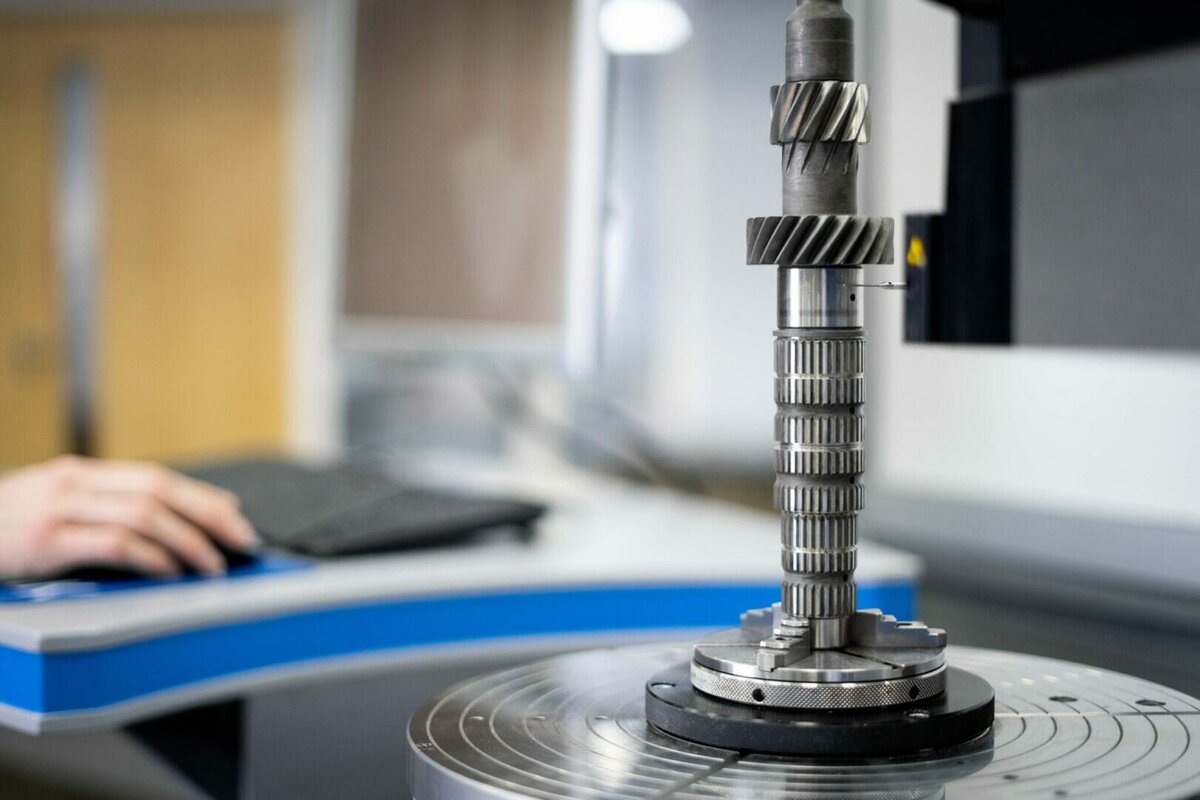Manufacturers traditionally perceive metrology as something uniquely relevant to mission-critical industries. Like a chameleon adapting for survival, manufacturers in aerospace and medical device manufacturing must show compliance. However, others in the industry should perceive themselves as peacocks — using quality management to excel in the eyes of potential business partners. Here Mike John, managing director of industrial metrology specialist, The Sempre Group, explains the short and long term benefits of adopting metrology on the shop floor.
Metrology is no longer just a process for inspecting products that require exact configurations, such as aerospace parts. However, its importance and benefits in a range of applications are often overlooked in the wider industry. While one faulty component found in one car in an automotive production line will not lead to public outcry — allowing defective products to reach the customer could negatively impact public image in the long term.
What you lose
An accessible record of quality controls is an effective tool for manufacturers to demonstrate product quality to clients. Without a shop floor metrology solution, clients receiving one or more faulty products from a batch could have grounds to return the whole order. This leads to lost production time and wasted stock that could have been avoided if faults had been detected earlier.
Adequate quality measures go beyond owning a coordinate measuring machine (CMM). Larger clients may also choose to be proactive and collect evidence of insufficient quality management during regular audits. To avoid breaching contract, manufacturers will need to find automated and digitalised quality management systems to effectively store data, analyse it and verify or improve their product’s quality.
What you gain
Integrating metrology solutions on the factory floor might add a step to production, but it increases overall productivity by reducing scrap rate. As more stock reaches clients with a demonstrable level of quality, manufacturers will see a reduction in production costs and a reduction in waste from defective parts. In the long term, these measures will be acknowledged by word of mouth, industry knowledge and client accreditations.
Integrating real-time data collection on the shop floor is only as useful as the automated reports that manufacturers generate, opening the door to paperless manufacturing. On top of ensuring GDPR compliance, potentially saving four per cent of global annual turnover, a fully digital system gives streamlined access to verifiable documents that ensure a product’s quality and accuracy. Adopting systems that allow for both effective collection and analysis of data are central to providing a professional image.
While the quality of a product is a fundamental requirement for its success, the opinion others have of the product is also important. Research from the chair of management accounting and logistics at the University of Regensburg suggests that manufacturers underplay the advantages gained by a positive reputation. Suppliers can gain a stronger position for negotiating with their clients if they have a positive image. This has the potential to not only lead to new business but also better pay for existing clients.
Even outside of the aerospace and medical fields, the short- and long-term benefits of metrology go far beyond simple cost-saving measures. To make your peacock feathers shine, you should also consider how investing in metrology can improve quality, demonstrate expertise and maintain client loyalty, allowing you to rise above competitors. To find tailored metrology solution that can help you excel in the eyes of potential customers, visit https://www.thesempregroup.com/customsolutions.








